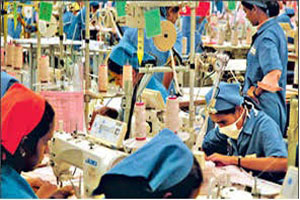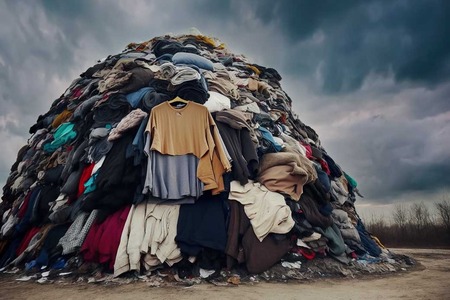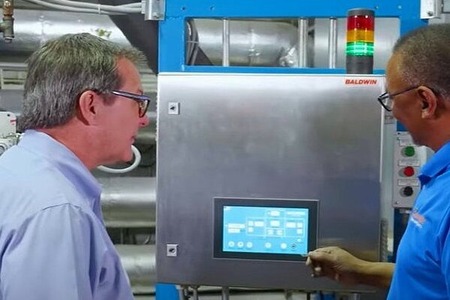
Trade agreements to help SL apparel industry broaden its export markets
YarnsandFibers News Bureau 2016-12-26 17:00:00 – ColomboSri Lanka should seriously consider negotiating trade agreement with the EU, as the GSP plus can be enjoyed for a maximum of 4-5 years at most. The restoration of trade agreements will give some room to breathe and consolidate the industry. It can be used to accomplish many other medium and long term goals, which will not only be beneficial to the apparel industry, but boost all the exports from Sri Lanka, said the new Chairman of the
Sri Lanka Apparel Exporters Association (SLAEA), Felix A. Fernando.
Also the government should explore the possibility of signing trade agreements with countries such as Japan, Russia, Korea, Brazil and South Africa.
The apparel industry has made a commitment to the Government to increase exports to the EU by US$ 500 million annually after GSP+ is restored. Trade agreements will help the apparel industry to broaden its export base and bring in valuable foreign exchange.
Although it was disheartening to digest the current economic realities and the state of the world economy and their own economy, they value the current government’s desire to achieve sustainable development through export-led growth with globally connected value chains.
Prime Minister Ranil Wickremesinghe hopes for the revival of the industry with the restoration of GSP plus. If the proposed FTA with China can be successfully concluded, they will have a great opportunity to expand their market in China. The same cannot be said, however, about the proposed FTA with India. It is necessary to remove the quota in its totality in respect of the apparel sector if their industry is to see a significant benefit from the proposed ETCA, Fernando said.
The chairman speaking at the Annual General Meeting of the Association said that they all need to find and diversify into new markets for exports. Considering the reputation Sri Lanka has for its quality, and their inability to compete on the low-end value products which are made in neighbouring South Asian countries, they must increase the production of higher value-added products, such as formal wear and high-end outerwear.
Moreover Sri Lankan industry largely lacks automation, there are only a few major players investing in automation. When considering shortage of labour in the country it could become a critical factor in time to come.
Market Intelligence
Ask for free sample Report

experience
Customer Base
dedicated team
Countries Served Worldwide









